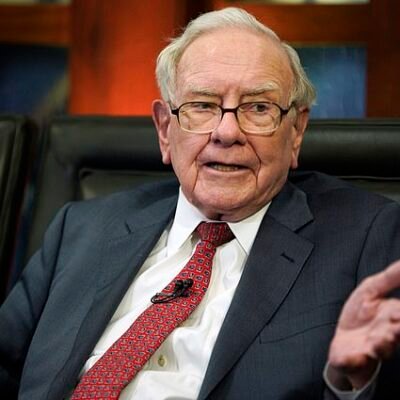OpenAI could test investors’ patience over what JPMorgan analysts called “vibe spending” on talent wars and research.
OpenAI could dominate a market worth over $700 billion by 2030, the analysts wrote in a note published Friday. The bank was cautiously optimistic on OpenAI’s efforts to make money from its vast user base by selling everything from AI agents to an eventual hardware device.
The note, written by analysts Brenda Duverce and Lula Sheena, provides interesting insights into JPMorgan’s assessment of OpenAI’s biggest advantages and weaknesses.
The mere existence of JPMorgan’s note on OpenAI is news by itself. JPMorgan has one of the largest and best-known research outfits on Wall Street, and like other firms, it only analyzes public companies. The OpenAI note marks the first time JPMorgan has covered a private one and is a sign of how powerful OpenAI has become as a bellwether for AI.
OpenAI is burning lots of cash
The bank wrote that OpenAI may burn through $46 billion in cash over the next four years, though it views that amount as “tenable” given the company raising $57 billion over the last two and a half years.
JPMorgan’s analysts said that with profitability not expected until 2029, investor expectations would be “tested.”
One factor driving that spend is the “mounting difficulty” in obtaining and retaining top talent for AI companies, JPMorgan wrote, particularly with the launch of Meta’s superintelligence lab and news reports about some star researchers getting poached for well over $100 million. Notably, 7 out of the 10 new hires initially announced by Meta for its team came from OpenAI.
OpenAI could benefit from a key acquisition
JPMorgan said OpenAI has a strong first-mover advantage. Its app, for example, surpassed 500 million weekly active users this spring and represents over 70% of total AI app downloads globally in markets that it competes in. In one critical consumer market, India, OpenAI’s growth has already displaced Google’s, JPMorgan said.
These powerful network effects are useful for generating subscriptions, advertising dollars, and selling AI agents to enterprises.
OpenAI could also generate revenue from building a hardware device, thanks to its $6.5 billion acquisition of Jony Ive’s startup earlier this year. JPMorgan said both have promising revenue potential, with OpenAI-branded hardware driving a “flywheel effect” of more profitable software spending.
Finally, JPMorgan said OpenAI faces some risk from the fact that AI models perform pretty similarly these days. The bank views OpenAI’s models as an “increasingly fragile moat.”
“In conclusion, we do not believe that having the ‘best AI model’ is a robust enough moat or differentiating factor as competitors will follow suit soon after,” JPMorgan wrote.
OpenAI and JPMorgan didn’t immediately respond to requests for comment.





